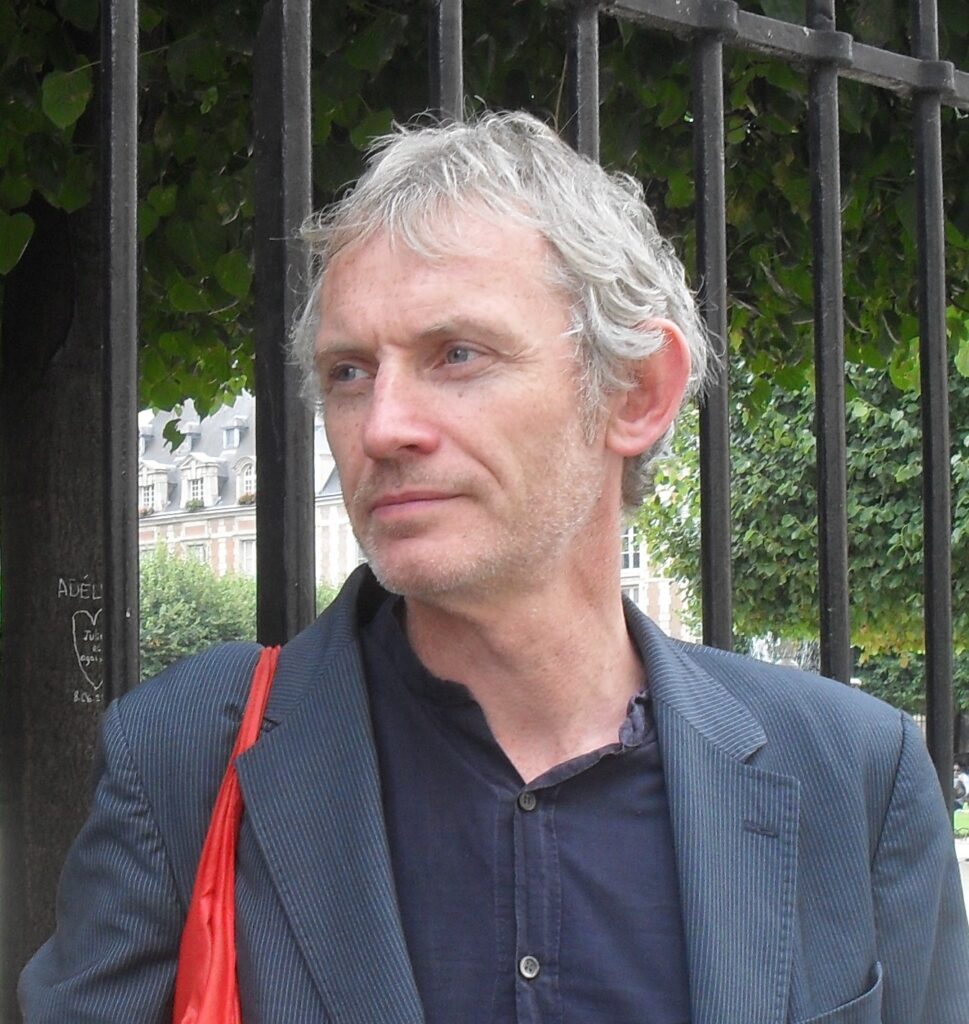“Decolonization”. It’s a popular buzzword for people on either side of the political spectrum. But what does it really mean, and how does it relate to the field of social work? Paul Michael Garrett has some thoughts.
Who is Paul Michael Garrett?

Paul Michael Garrett is a writer and educator in the field of social work, at the University of Galway in Ireland. His work is rooted in critical, revolutionary social work, with focus in the areas of socialism, feminism, and anti-racism. The International Journal of Social Work has described him as “probably the most important critical social work theorist in the English-speaking world”.
You can learn more about Garrett from his website at: https://www.pmgarrettdsw.com/, or his profile with the University of Galway at https://www.universityofgalway.ie/our-research/people/political-science-and-sociology/pmgarrett/.
Decolonizing Social Work
Garrett authored a paper on decolonizing social work, which can be read in full, for free, here: https://academic.oup.com/bjsw/advance-article/doi/10.1093/bjsw/bcae018/7615071. It is truly a very insightful read, and I encourage any and all who plan to enter this field to at least consult it. I will not be summarizing the paper’s content, as it is entirely free to consult, read or even skim.
Decolonization is an important and critical aspect of being able to fully respect people of all cultures, races, and background. It is essential that we, as social workers, are able to fully and holistically embrace the ideas and concepts of decolonization, and work to incorporate it within our own practices. To be rid of racism and bigotry is to create a thorough, thoughtful, and empathetic social work practice for all.
John Da Broi
I definitely agree with Michael Garrett’s approach and how you describe his paper because we cannot help people if there are already walls placed between us and them based on their ideas/cultural beliefs that we could not agree with. To be able to treat these people as humans no matter of their history/cultural differences is a value that I think many people could use in their day-to-day lives.
Sean McCrossin
I think a perfect real world example of this is the fall of the Berlin wall in Germany. I think that encompasses what Michael Garrett is trying to convey. Understanding different cultures can help us recognize the values in others and not base it on their skin colors or assumptions about what said culture includes. You linked good sources and I learned a lot from this blog.
Sharla Huckabey
Hello Kori, thank you for the information provided in your blog. I enjoyed listening to the Podcast this week with Professor Stettler and Michael Garrett. It had some great information come out in it. I appreciate you sharing where to find the free writing that he offers. I will have to check it out.
If only the world could learn to see people for who they are and not the color of their skin. We are all human, and we all bleed red. We need to learn to respect each other and familiarize ourselves with other cultures. We must learn to appreciate that we are all people in this world to thrive and survive. We must learn to accept that everyone is different and that we all deserve the opportunity to be treated fairly.
Michelle Dunham
The Telephone Game is when you stand in a line of people and whisper a secret to the person on your left, and it is passed down the line to see if what was said was understood all the way through.
For example:
“I drink grape juice.” … … … “I am a wino.”
In other words, let’s advocate and spread the word to those that are listening. I believe we given our governments too much power. But honestly, we did give them the power. We stopped questioning them and assumed they had our society in their best interests.
I have served as an elected official, and within the Alaska State Legislature as an aide. I can testify to the petty, kindergarten behaviors.
All that said to say… if we want change, we need to ensure those we put into those positions are people who are encouraged and empowered to make those changes.
Let’s start asking questions, and stop assuming they know what they are doing. Make them explain in a way that makes sense, and no more empty rhetoric.
Simone Smith
Thank you for your blog Kori! I honestly don’t think there can be truly transformative social work without decolonization. A social worker can’t help by looking at everyone through a white colonial lens! Colonial capitalism is what is destroying our world. How can we revolutionize following colonial rules and ideologies?